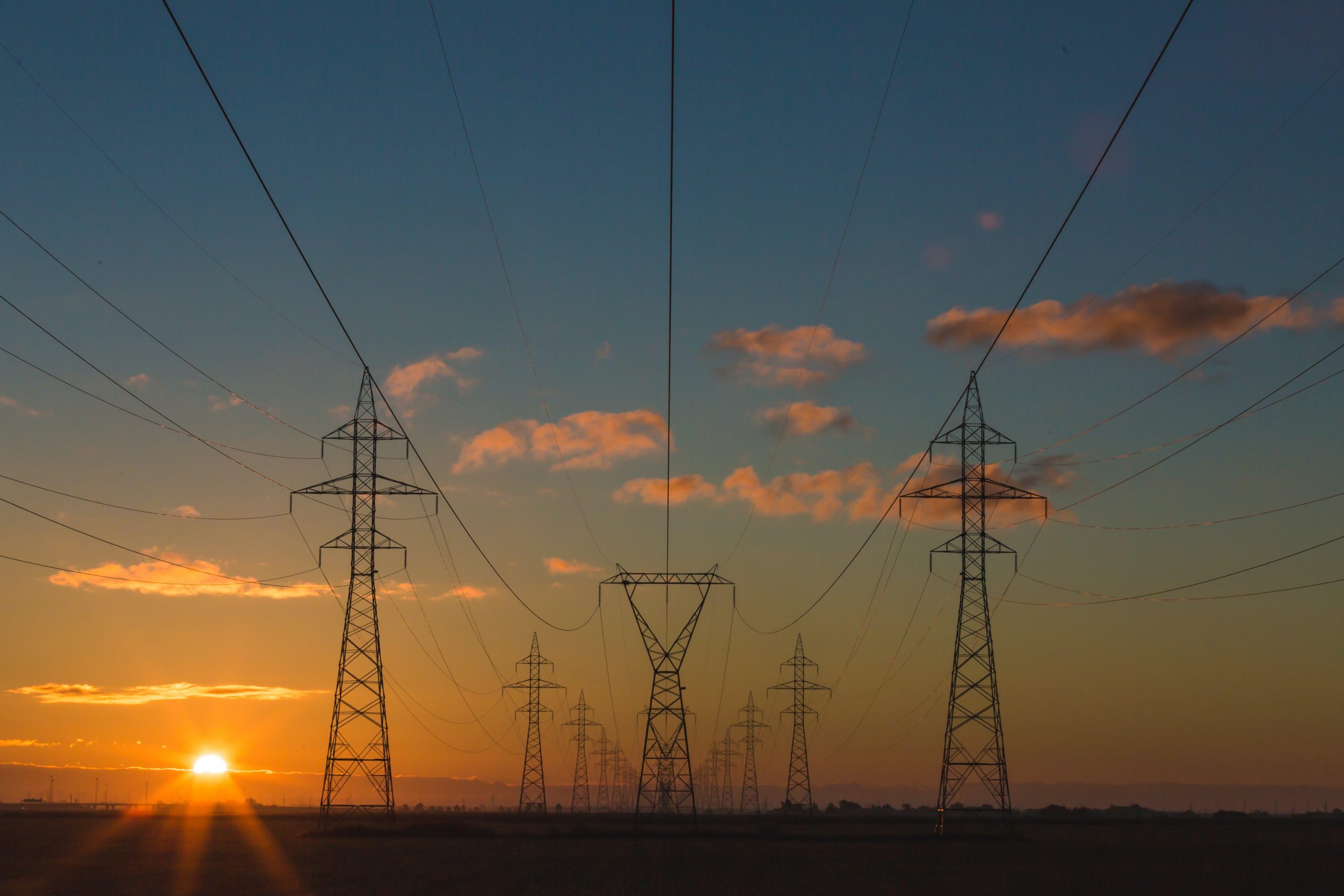11/22/2021
In October, many European countries fell into a major energy crisis. Panic quickly spread as the limited energy supply made prices shoot up. In the UK, lines for the gas station were hours long with only one pump operational, and some stations ran out of gas completely. In homes across Europe, energy bills skyrocketed.
This energy crisis can largely be traced back to the current volatility in fossil fuels. As many countries invest in transitioning to renewable energy, uncertainty in the fossil fuel industry and divestment of money has created an erratic market and price surges. Simultaneously, these European countries are moving into colder winter months where energy usage is at its highest. This increase in demand and shortage in supply has spurred the rapidly increasing prices that have left many Europeans in crisis.
Moreover, as energy bills increase, so does the worry about increasing energy poverty. Low income families are finding it difficult to pay higher energy bills, raising concern over families having to decide between putting food on the table or heating their house. Some countries such as Spain, France, Italy, and Greece have implemented programs to reduce the burden on low-income families by providing tax reductions and lump sum money to help cover the rising energy bills. However, the length of the energy crisis is unknown and these programs may not be enough to keep up with the increasing prices.
To address this crisis, countries have fallen back on coal to keep up with demand, increasing overall carbon emissions in Europe. Unfortunately, this directly counteracts current efforts to reduce emissions, a crucial goal for climate change. Therefore, the crisis raises the question: should European countries increase investment in the fossil fuel industry in an attempt to minimize energy poverty and ensure all families have their basic needs met? Should they continue to invest in renewable energy solutions in order to meet important climate goals? Is there a way to continue to invest in renewable energy but reduce energy poverty?

